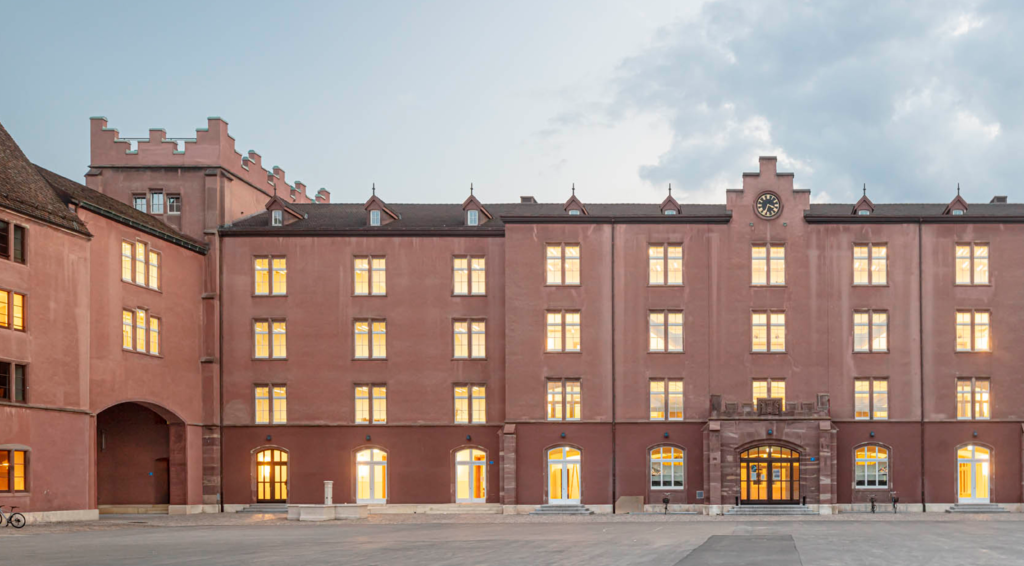
This course will take place at the kHaus in Basel. Adrià Goula / kHaus AG, 2022
Finding a way to deal with a violent past in the aftermath of civil war or the end of an authoritarian regime, is argued to be the basis for lasting peace, democracy and the rule of law. This includes the identification of past human rights violations, the prosecution of perpetrators on a national or international level, the rehabilitation of victims, through the commemoration, the establishment of truth commissions and reparation programs, and the implementation of guarantees of non-recurrence.
Course participants will critically reflect on such processes, the available mechanisms, and assess their effects on society as a whole and on victims and perpetrators in particular.